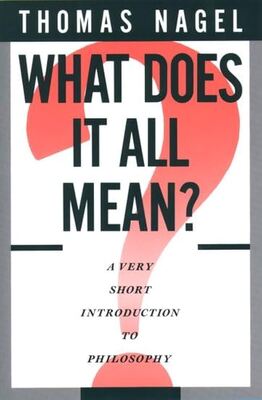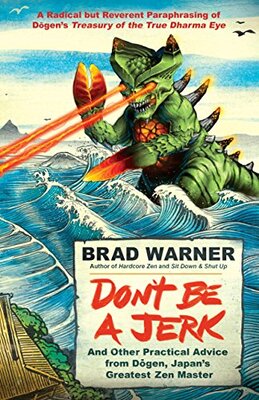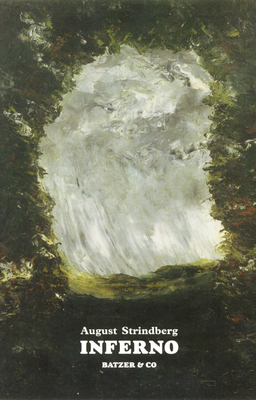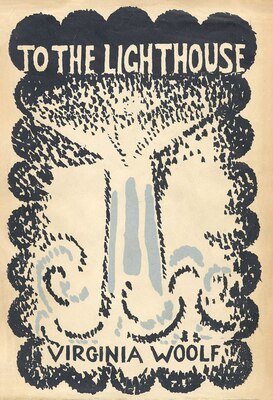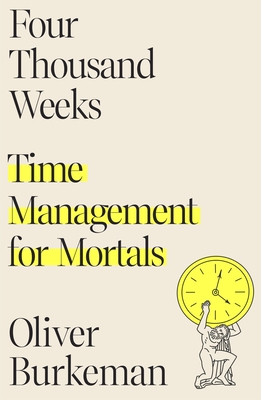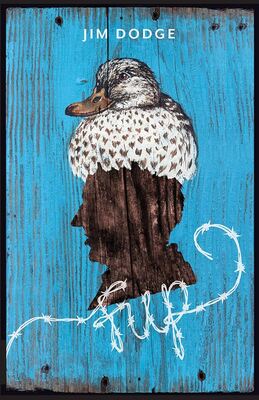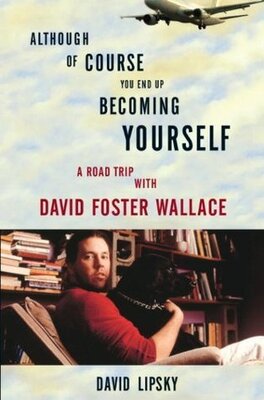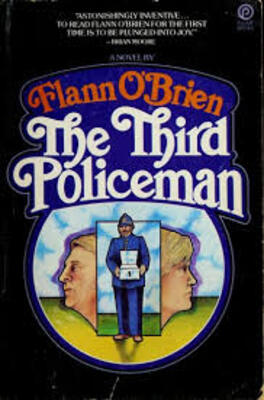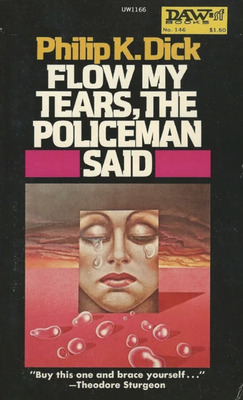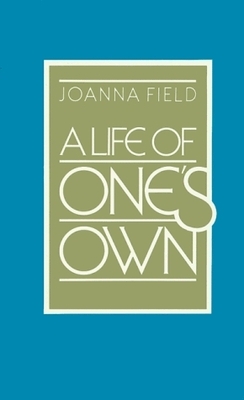
I was always wanting people to be either all lovable or all hateful. When I was getting on well with someone everything they said was right and nothing was too good for them. Then, if some chance altered the emotional situation between us, they would become hateful to me, I would see all their weak points and fail to remember that they had ever had any good ones at all.
The idea that our lives fulfil God’s purpose is supposed to give them their point, in a way that doesn’t require or admit of any further point. One isn’t supposed to ask “What is the point of God?” any more than one is supposed to ask, “What is the explanation of God?”
People in situations like this usually just make something up. Most of the time we don’t really know what reasons we had in the past for doing something. But we invent an explanation, and then we begin to believe our made-up story.
“How would you explain this phenomenon?” he asks. “Explain? Has one ever explained anything by replacing one heap of words with another heap of words?”
Before learning a lot of philosophical theories it is better to get puzzled about the philosophical questions which those theories try to answer.
How then did it work out, all this? How did one judge people, think of them? How did one add up this and that and conclude that it was liking one felt, or disliking? And to those words, what meaning attached, after all?
I discovered that I was drifting without rudder or compass, swept in all directions by influence from custom, tradition, fashion, swayed by standards uncritically accepted from my friends, my family, my countrymen, my ancestors. Were these reliable guides for one's life? I could not assume that they were, for everywhere around me I saw old ways of doing things breaking down and proving inadequate. Not only was it that I felt dubious about trusting the dictates of a social tradition which had landed us in the war, but the voice of that tradition was so confused that I did not in fact know what it was telling me to do, what sort of life it did require of me.
At the end of your life, looking back, whatever compelled your attention from moment to moment is simply what your life will have been.
It just ain't possible to explain some things, maybe even most things. It's interesting to wonder on them and do some speculation, but the main thing is you have to accept it – take it for what it is, and get on with your getting."
Life seems to strobe on and off for me, and to barrage me with input. And that so much of my job is to impose some sort of order, or make some sort of sense of it.
Thoughts which have no chance of succeeding do not take the trouble to come into your head at all.”
There occur in life such terrible incidents that the mind refuses to retain the memory of them for a moment, but the impression remains and becomes irresistibly alive again.
OF course all life is a process of breaking down, but the blows that do the dramatic side of the work—the big sudden blows that come, or seem to come, from outside—the ones you remember and blame things on and, in moments of weakness, tell your friends about, don’t show their effect all at once. There is another sort of blow that comes from within—that you don’t feel until it’s too late to do anything about it, until you realize with finality that in some regard you will never be as good a man again. The first sort of breakage seems to happen quick—the second kind happens almost without your knowing it but is realized suddenly indeed.
You can always tell when it hits you but never when it unhits, if it ever does. It impairs you forever or you think so; you can't be sure. Maybe it never leaves. And they say, Hey, man, your brain's burned out, and you say, Maybe so. You can't be sure and you can't not be sure.
